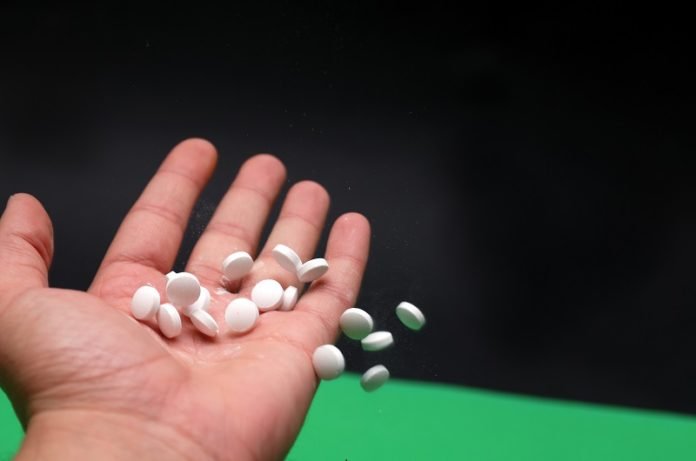Myth: Levothyroxine, a manmade alternative to thyroid hormone, can treat subclinical hypothyroidism
Truth: This is false.
According to a study published in The New England Journal of Medicine, this alternative to human-made thyroid hormone is unable to treat subclinical hypothyroidism. In hypothyroidism, the thyroid gland is unable to produce enough thyroid hormone. This hormone is very important for the human body to function properly and is involved in a number of processes including weight maintenance, metabolism, controlling bone growth, neuron maturation, and other metabolic activities like heat production. Hypothyroidism symptoms commonly include weight gain, fatigue, cold intolerance, and depression. However, in subclinical hypothyroidism, there are little or no symptoms of hypothyroidism.
Levothyroxine is a synthetic version of the endogenous thyroid hormone and is commonly used as a treatment for hypothyroidism, however, its efficacy in treating subclinical hypothyroidism is not well known. In a study conducted by Scott and colleagues, levothyroxine’s ability to treat subclinical hypothyroidism was examined. 737 adults were diagnosed with subclinical hypothyroidism and received either levothyroxine or a placebo. Although patients who were administered levothyroxine had an increase in thyroid hormone production in comparison to those administered a placebo, there were no differences in symptoms, quality of life scores, or health status between the two groups. Researchers suggest that higher doses of levothyroxine may be able to provide subclinical hypothyroidism patients with benefits.
Reference
- Stott DJ, Rodondi N, Kearney PM, et al. Thyroid Hormone Therapy for Older Adults with Subclinical Hypothyroidism. N Engl J Med. 2017;376(26):2534-2544. doi:10.1056/NEJMoa1603825



